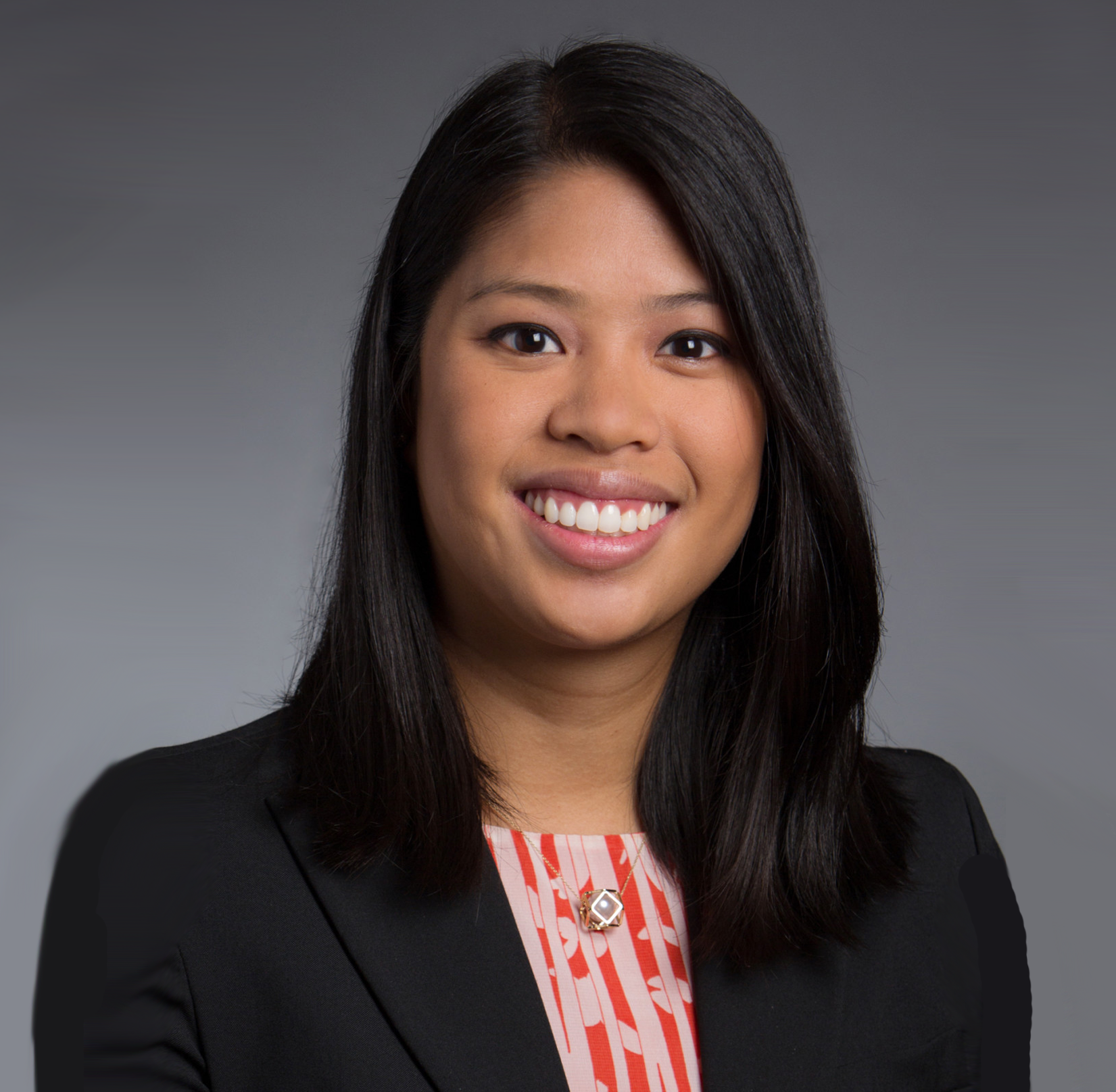UPDATE: Although the Seventh Circuit initially found that a school district is not required to accommodate the teacher’s religious objections to using students’ preferred pronouns where there is evidence of harm to students and disruption to the school environment, the standard of “undue hardship” that the court applied has since been changed to make it more difficult for employers to deny religious accommodation requests. As a result, the Seventh Circuit vacated its decision and remanded the case to the district court for further proceedings. It remains to be seen whether the school district will prevail under the new “undue hardship” standard. We will continue to monitor this case closely.
* * *
On April 7, 2023, the Seventh Circuit Court of Appeals issued its long-awaited opinion in Kluge v. Brownsburg Community School Corporation, holding that an Indiana school district was not required to accommodate a teacher’s refusal to use transgender students’ preferred names and pronouns based on his religious beliefs. The court concluded that accommodating the teacher would impose an undue hardship on the school by harming students and disrupting the learning environment.
After learning that several transgender students had enrolled as freshmen, the school district in this case held faculty meetings to educate staff about transgender issues. After one of the faculty meetings, John Kluge, a music teacher, and three other teachers gave the building principal a seven-page letter explaining that they objected on religious grounds and urged the school not to adopt a policy that would require teachers to use students’ preferred names and pronouns. Kluge explained that he would use students’ “legal names” (i.e., the names that appeared on their original birth certificates).
Despite the teachers’ objections, the school district moved forward with adopting a policy that required teachers to use the names and pronouns of students recorded in PowerSchool. Students could change their names and pronouns in PowerSchool by presenting the school district with a letter from a parent and a letter from a healthcare provider supporting the changes.
Prior to the start of the 2017-2018 school year, Kluge was informed that he would have two transgender students in his class. On the first day of the 2017-2018 school year, Kluge told the principal that he would not use the preferred names and pronouns of the students and reiterated that he would use their “legal names.” The school district and Kluge eventually agreed that Kluge could call students by their last names to accommodate his refusal to use students’ preferred first names and pronouns.
Shortly after the school year began, students, staff, and parents voiced concerns about Kluge’s use of last names only and the emotional harm it was causing to the two transgender students in his class. The school district held several meetings with Kluge about the concerns and informed him that, for the following school year, he would not be permitted to use last names only. Kluge stood firm, insisting that it would violate his religious beliefs to use students’ preferred names and pronouns. The school district, therefore, informed Kluge that he would be terminated because it could not accommodate his beliefs. Kluge ultimately chose to resign his position in lieu of termination.
Following his resignation, Kluge sued the school district in federal court, alleging that it failed to accommodate his religious beliefs and retaliated against him in violation of Title VII of the Civil Rights Act of 1964. The federal district court in Indiana and the Seventh Circuit Court of Appeals both held in favor of the school district. Both courts concluded that accommodating Kluge’s religious beliefs would impose an undue hardship on the school district, defined as “more than a de minimis cost,” due to the emotional harm to students and disruption to the learning environment that Kluge’s refusal to use students preferred names and pronouns caused. The school district supported this finding through evidence of the complaints and disruption that the school district experienced during the period that Kluge was allowed to use students’ last names only.
While this case provides important clarity to schools as they attempt to balance the rights of transgender students and the rights of staff, schools should continue to individually assess accommodation requests and the potential impact that granting an accommodation may have on the workplace and learning environment before granting or denying a request. This is also a rapidly developing area of the law, and we encourage school professionals to contact an attorney in our Students/Special Education practice group and/or Labor/Personnel practice group with any questions.
Source: Kluge v. Brownsburg Community School Corp., No. 1:19-CV-02462 (7th Cir. Apr. 7, 2023)




